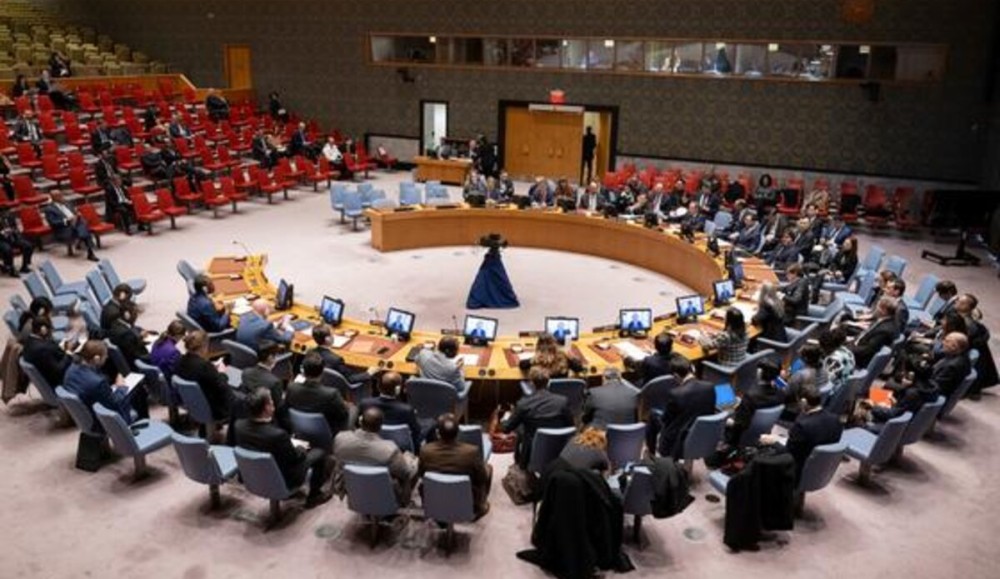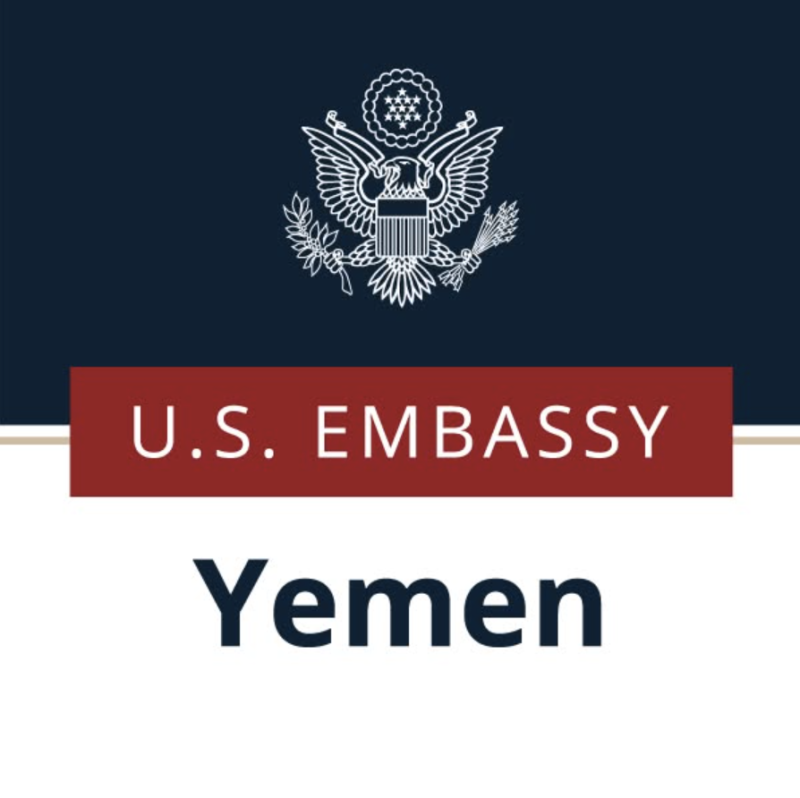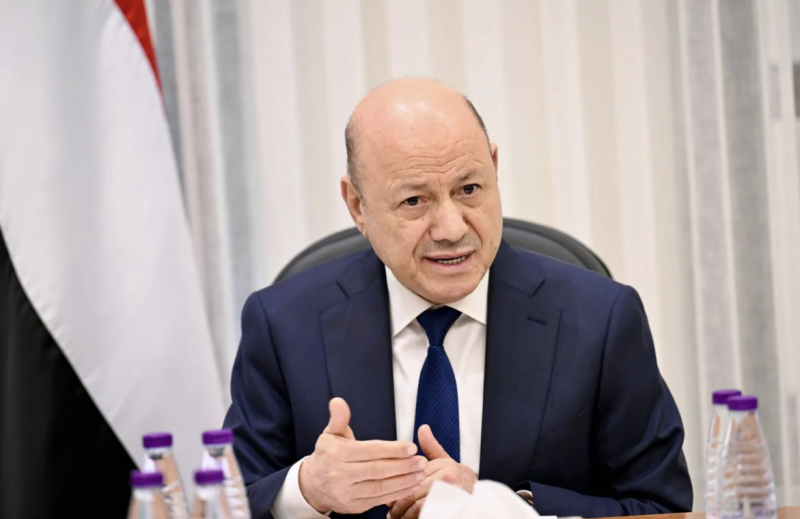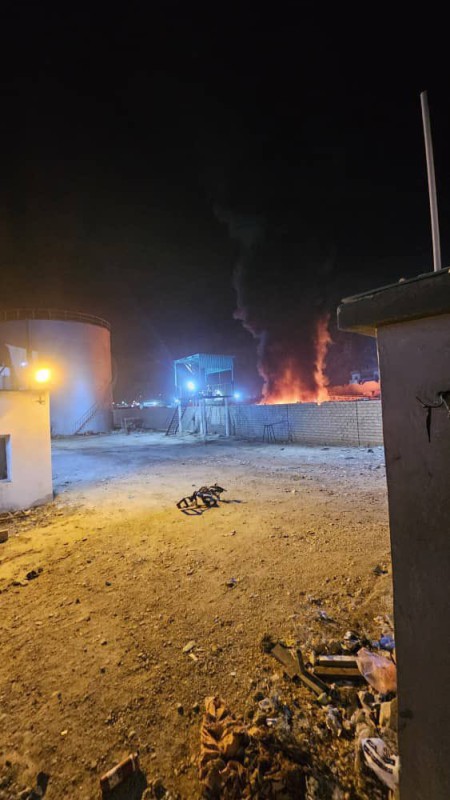Yemen : UNSC condemns Houthi attacks in Red Sea


The UN Security Council (UNSC) has adopted a draft resolution put forward by the US and Japan on 10 January, which calls for the condemnation of Yemen’s attacks on Israeli-linked ships in the Red Sea.
The draft was approved with 11 votes in favor, zero against, and four abstentions, including Russia and China.
US Ambassador Linda Thomas-Greenfield told the UNSC that freedom of navigation has been taken hostage, and that Iran is to blame for violating resolution 2216 because, according to Thomas-Greenfield, Iran aids the actions of Yemen as it supplies the means for these operations against Israeli-linked ships attempting to pass through the Bab el-Mandab strait.
The US–Japan draft resolution had also demanded that Yemen immediately cease all operations against shipping vessels in the Red Sea, as well as release the Galaxy Leader and its crew.
Thomas-Greenfield added that the operations by Yemen are "a global problem that requires a global action.”
In response to the UNSC decision, the head of Yemen’s Supreme Revolutionary Committee, Mohammed Ali al-Houthi, said: “We demand that the Israeli entity immediately cease all attacks that hinder life and its continuity in Gaza and that undermine rights, freedoms, regional peace and security.”
“We also call on the Security Council to immediately release two million and three hundred people from the Israeli–American siege [on Gaza], which has become a deadly weapon, and because of which Gaza has become the largest prison in which collective criminal punishment is practiced,” Houthi added.
Houthi noted the religious obligations that the Yemeni armed forces and other Muslim resistance groups hold in combating injustice and oppression.
“Any country [that] bears the responsibility of attacking, defending, and protecting the usurping entity [Israel] that commits the massacre with American and British protection, and they, along with Israel, violate international law,” Houthi said. "We take note of the people of the world. The decision that was adopted regarding the security of navigation in the Red Sea is a political game, and the United States is the one violating international law.”
Algeria’s top representative, Ambassador Amar Bendjama, said during the UNSC meeting that "we could not associate ourselves with a text that ignores the 23,000 lives that have been taken since last October in the Gaza Strip.”
Russian Ambassador Vassily Nebenzia expressed worry over the “dangerous side” of the draft resolution. He said that he regretted the politicized nature of the text, and that it is just a veil to ensure the safety of shipping vessels in the Red Sea, but that in reality, the submitted draft is an attempt to legitimize the coalition’s actions "led by the United States and the United Kingdom” and to obtain the indirect “blessing” of the UNSC.
Nebenzia said that in order to stop Yemen’s actions against Israeli-linked ships in the Red Sea, it is important to recognize the “direct consequences” of Israel’s "very violent military operations that have lasted for more than three months in Gaza.”

Washington – The United States has voiced concern over recent developments in southeastern Yemen, stressing the importance of avoiding any st…

Riyadh --  Yemen’s Presidential Leadership Council Chairman, Rashad al-Alimi, announced on Tuesday a nationwide state of emergency, effe…

 Mukalla – The Saudi-led Arab Coalition has requested the immediate evacuation of civilians from Mukalla Port in Hadramout province.&nbs…